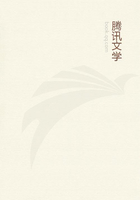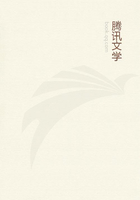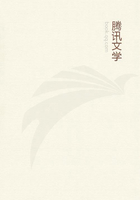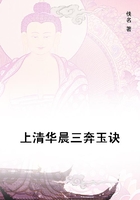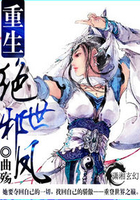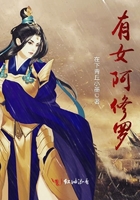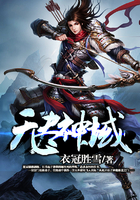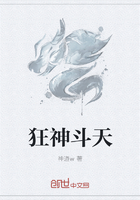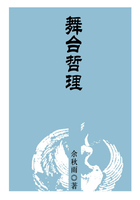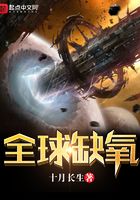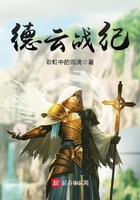As we have said, then, courage is a mean with respect to things that inspire confidence or fear, in the circumstances that have been stated; and it chooses or endures things because it is noble to do so, or because it is base not to do so. But to die to escape from poverty or love or anything painful is not the mark of a brave man, but rather of a coward; for it is softness to fly from what is troublesome, and such a man endures death not because it is noble but to fly from evil.
8
Courage, then, is something of this sort, but the name is also applied to five other kinds.
First comes the courage of the citizen-soldier; for this is most like true courage. Citizen-soldiers seem to face dangers because of the penalties imposed by the laws and the reproaches they would otherwise incur, and because of the honours they win by such action;and therefore those peoples seem to be bravest among whom cowards are held in dishonour and brave men in honour. This is the kind of courage that Homer depicts, e.g. in Diomede and in Hector:
First will Polydamas be to heap reproach on me then; andFor Hector one day 'mid the Trojans shall utter his vaulting harangue:
Afraid was Tydeides, and fled from my face.
This kind of courage is most like to that which we described earlier, because it is due to virtue; for it is due to shame and to desire of a noble object (i.e. honour) and avoidance of disgrace, which is ignoble. One might rank in the same class even those who are compelled by their rulers; but they are inferior, inasmuch as they do what they do not from shame but from fear, and to avoid not what is disgraceful but what is painful; for their masters compel them, as Hector does:
But if I shall spy any dastard that cowers far from the fight, Vainly will such an one hope to escape from the dogs.
And those who give them their posts, and beat them if they retreat, do the same, and so do those who draw them up with trenches or something of the sort behind them; all of these apply compulsion.
But one ought to be brave not under compulsion but because it is noble to be so.
(2) Experience with regard to particular facts is also thought to be courage; this is indeed the reason why Socrates thought courage was knowledge. Other people exhibit this quality in other dangers, and professional soldiers exhibit it in the dangers of war; for there seem to be many empty alarms in war, of which these have had the most comprehensive experience; therefore they seem brave, because the others do not know the nature of the facts. Again, their experience makes them most capable in attack and in defence, since they can use their arms and have the kind that are likely to be best both for attack and for defence; therefore they fight like armed men against unarmed or like trained athletes against amateurs; for in such contests too it is not the bravest men that fight best, but those who are strongest and have their bodies in the best condition.
Professional soldiers turn cowards, however, when the danger puts too great a strain on them and they are inferior in numbers and equipment; for they are the first to fly, while citizen-forces die at their posts, as in fact happened at the temple of Hermes. For to the latter flight is disgraceful and death is preferable to safety on those terms; while the former from the very beginning faced the danger on the assumption that they were stronger, and when they know the facts they fly, fearing death more than disgrace; but the brave man is not that sort of person.
(3) Passion also is sometimes reckoned as courage; those who act from passion, like wild beasts rushing at those who have wounded them, are thought to be brave, because brave men also are passionate; for passion above all things is eager to rush on danger, and hence Homer's 'put strength into his passion' and 'aroused their spirit and passion and 'hard he breathed panting' and 'his blood boiled'. For all such expressions seem to indicate the stirring and onset of passion.
Now brave men act for honour's sake, but passion aids them; while wild beasts act under the influence of pain; for they attack because they have been wounded or because they are afraid, since if they are in a forest they do not come near one. Thus they are not brave because, driven by pain and passion, they rush on danger without foreseeing any of the perils, since at that rate even asses would be brave when they are hungry; for blows will not drive them from their food; and lust also makes adulterers do many daring things. (Those creatures are not brave, then, which are driven on to danger by pain or passion.)The 'courage' that is due to passion seems to be the most natural, and to be courage if choice and motive be added.
Men, then, as well as beasts, suffer pain when they are angry, and are pleased when they exact their revenge; those who fight for these reasons, however, are pugnacious but not brave; for they do not act for honour's sake nor as the rule directs, but from strength of feeling; they have, however, something akin to courage.
(4) Nor are sanguine people brave; for they are confident in danger only because they have conquered often and against many foes. Yet they closely resemble brave men, because both are confident; but brave men are confident for the reasons stated earlier, while these are so because they think they are the strongest and can suffer nothing.
(Drunken men also behave in this way; they become sanguine). When their adventures do not succeed, however, they run away; but it was the mark of a brave man to face things that are, and seem, terrible for a man, because it is noble to do so and disgraceful not to do so. Hence also it is thought the mark of a braver man to be fearless and undisturbed in sudden alarms than to be so in those that are foreseen; for it must have proceeded more from a state of character, because less from preparation; acts that are foreseen may be chosen by calculation and rule, but sudden actions must be in accordance with one's state of character.

